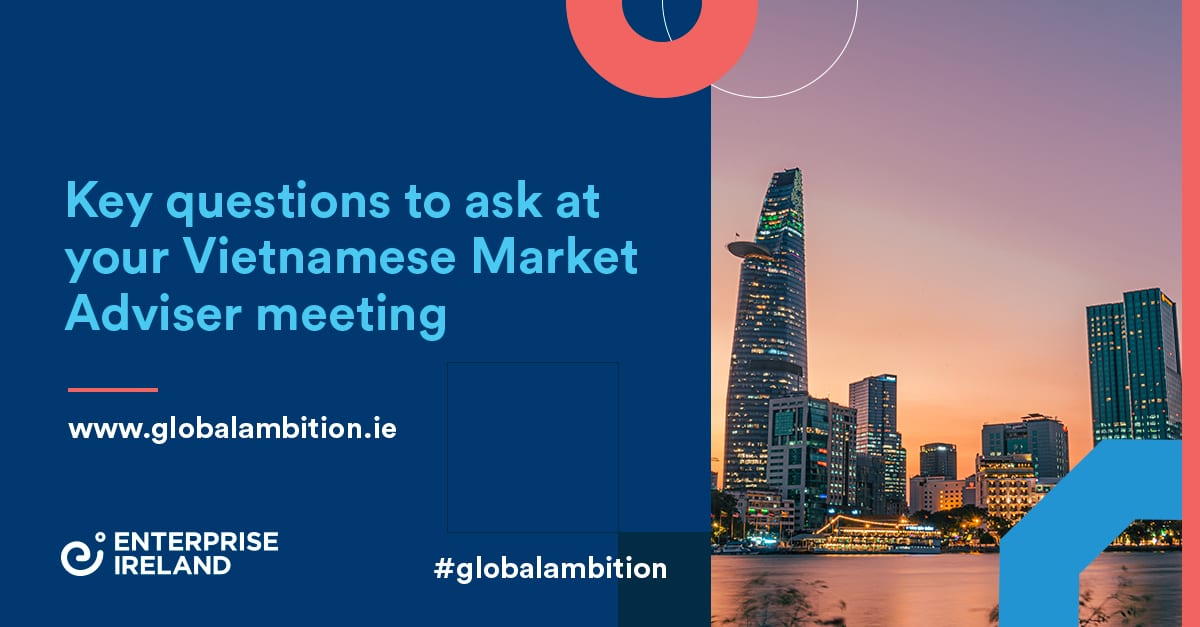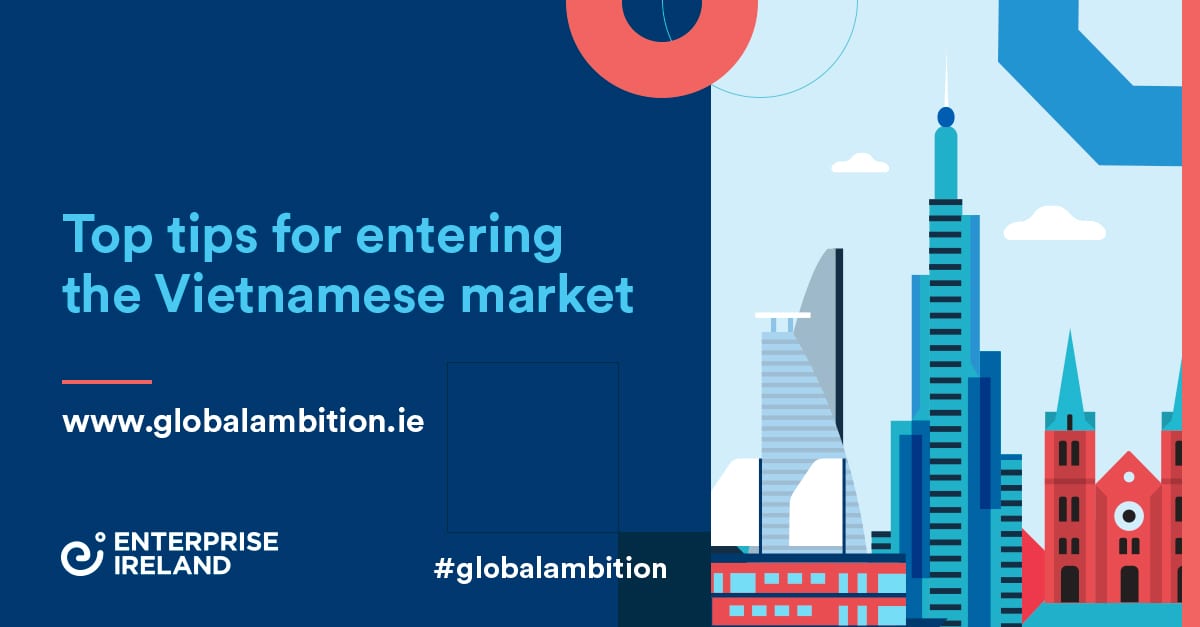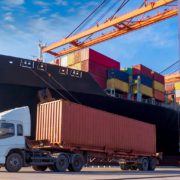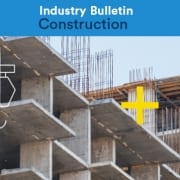How Rennicks are looking to the future with support from the Sustaining Enterprise Fund
 “Covid-19 was an obstacle, but, thanks to Enterprise Ireland, it hasn’t thrown us completely off our desired path. The Sustaining Enterprise Fund has given us peace of mind and the stability to pursue the future we had planned for our business.”
“Covid-19 was an obstacle, but, thanks to Enterprise Ireland, it hasn’t thrown us completely off our desired path. The Sustaining Enterprise Fund has given us peace of mind and the stability to pursue the future we had planned for our business.”
Dolores Cantwell, Director of Finance & Operations, Rennicks Group Ltd.
Key Takeouts
- Established more than 40 years ago, Rennicks Group Ltd. is an Irish company specialising in retro reflective products for the licence plate and traffic sign markets. The global pandemic halted factory operations, drastically impacting the company’s revenue stream.
- Director of Finance & Operations, Dolores Cantwell, contacted Enterprise Ireland about applying for the Sustaining Enterprise Fund, who partnered with them to prepare documents for the financial assessment.
- Funding from Enterprise Ireland has allowed Rennicks to meet its existing financial commitments and continue administrative operations, supporting the business as it plans for recovery and beyond.
Key Takeouts
- Established more than 40 years ago, Rennicks Group Ltd. is an Irish company specialising in retro reflective products for the licence plate and traffic sign markets. The global pandemic halted factory operations, drastically impacting the company’s revenue stream.
- Director of Finance & Operations, Dolores Cantwell, contacted Enterprise Ireland about applying for the Sustaining Enterprise Fund, who partnered with them to prepare documents for the financial assessment.
- Funding from Enterprise Ireland has allowed Rennicks to meet its existing financial commitments and continue administrative operations, supporting the business as it plans for recovery and beyond.
Case Study: Rennicks
Rennicks is a Dublin-based company servicing the vehicle licence plate and road infrastructure markets in the United Kingdom and South Africa. The business has existed since 1976, but was the subject of a management buy-out in 2017. Director of Finance & Operations, Dolores Cantwell, says they were on an upward trajectory at the start of 2020, with solid numbers reported for the first quarter of the year, before the global lockdown landed.
“When Covid-19 hit we were worried,” says Cantwell. “Initially, it looked like there would be a complete shutdown with no revenue stream for at least four months. It was an extremely concerning prospect.”
Rennicks’ primary business involves a light manufacturing process, which means the business relies on its factory operations. The lockdown in Ireland prevented employees from working. The factory closed and all staff were sent home. Cantwell says their administrative team was forced to quickly adapt to a remote work style. The company was also forced to immediately assess its cost outlays, resulting in a combination of lay-offs and pay reductions across the organisation.
Searching for solutions
Thankfully, Rennicks has always maintained good relationships with its supply chain partners, which gave them some time, but they still had commitments to fulfill. After the initial shock of a global pandemic and a total halt in production, the team took stock and realized they would need to look outside of their existing resources for financial support if they were going to successfully ride out the storm.
“We saw the information about the Sustaining Enterprise Fund and contacted Enterprise Ireland,” says Cantwell. “The two team members they sent us were superb.”
She says Enterprise Ireland worked with Rennicks to gather and reformat its financial information for the SEF assessment. The team calmly worked through the numbers, showing an enthusiasm for the business that bolstered Rennicks and gave the team the confidence to move forward. Admittedly, Cantwell says, she expected red tape and political hurdles when applying for funding, but this wasn’t the case at all. Instead, she says they found a group of engaged, forward-thinking people at Enterprise Ireland, eager to support their business.
“The team at Enterprise Ireland couldn’t have been more responsive, open, and encouraging,” Cantwell says. “It was a breath of fresh air.”
Looking toward the future
Despite the global pandemic, Rennicks was able to continue a small portion of its distribution business. The supply chain was disrupted by lockdown and the company’s revenues still dropped 60%, but funding allowed them to meet their commitments and work toward recovery. Thanks to the Sustaining Enterprise Fund, Rennicks had the working capital to continue administrative operations during lockdown, allowing it to focus on its future. Currently, the business is working on a push into new markets, and is developing value-added propositions for its existing market in the UK. Cantwell says they did everything they could to support their customers during a difficult time.
“Our business has been built on providing quality products and excellent customer service,” she says. “During lockdown, it was our key priority to maintain contact with our customers.”
Cantwell’s advice for other companies impacted by Covid-19; Focus on the fundamentals, but be prepared to be flexible and to adapt to the changing situation. She believes if you continue to give excellent customer service, keep your eye on your goal, and are adaptable in your approach, you’ll eventually make it through.
“Business will come back,” Cantwell says. “In the interim, it’s important to stay customer-focused. Try not to get side-tracked. And do make use of the supports that are available.”


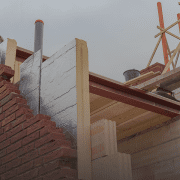


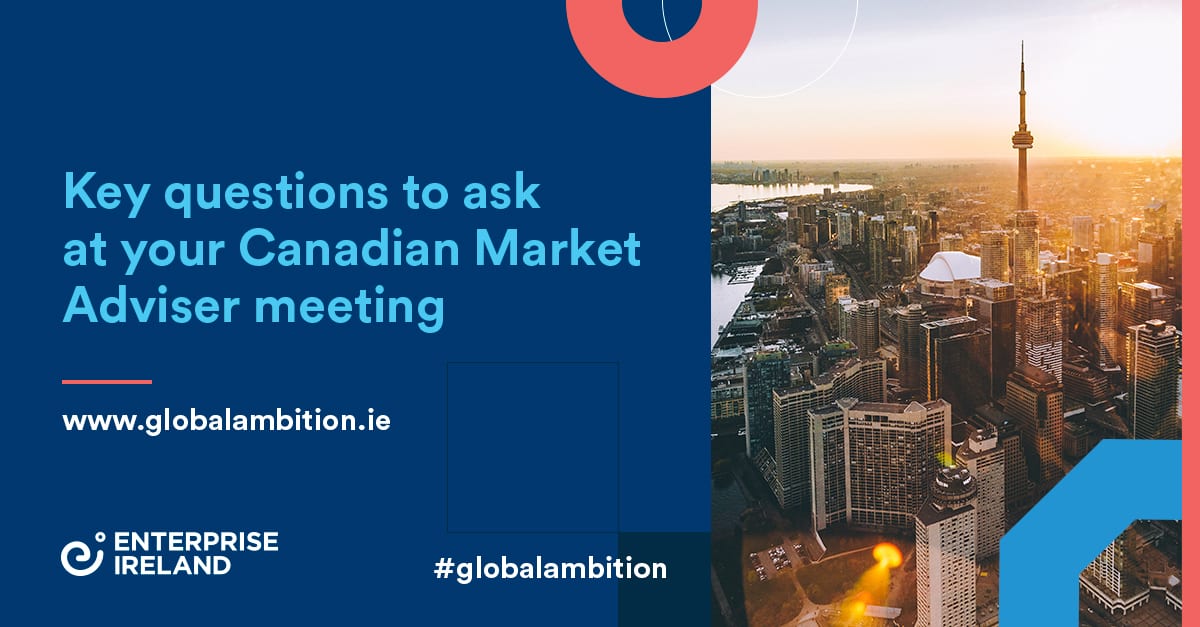
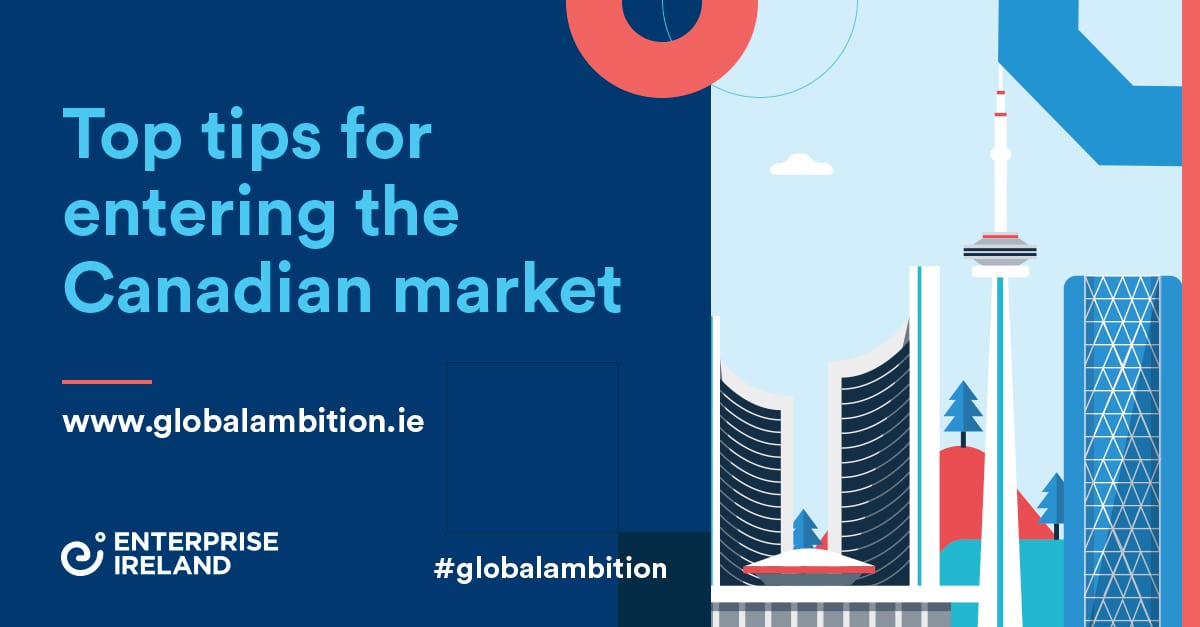


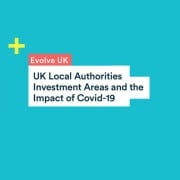
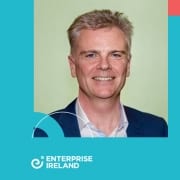
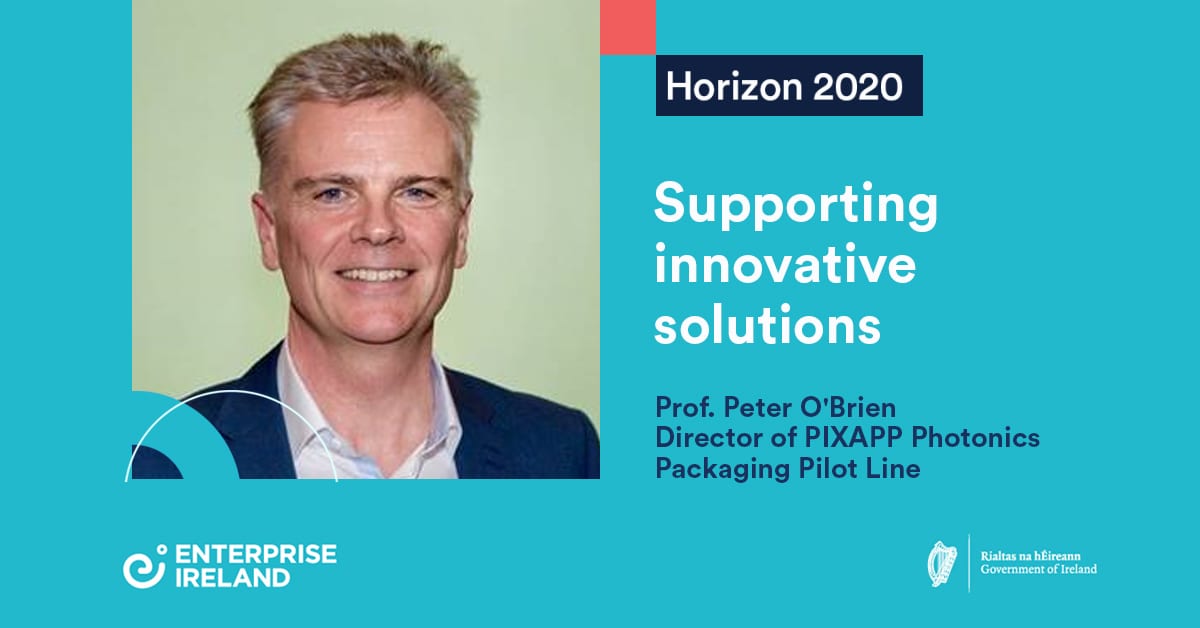

 “
“
